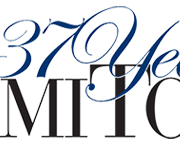14 Million Miami Parking Refund Still Tied Up In Courts
By Susan Stabley
A $14 million settlement offering Miami commuters a refund of the city’s parking surcharge faces a barrage of legal appeals and motions.
First, operators and owners of parking lots in Miami say they are being shortchanged by details of the settlement. A second challenge is brewing from a Miami attorney who defends parties in class action suits who calls the settlement flawed and unfair because it does not repay all involved equally.
On the opposite side is Joseph Serota, attorney for Miami, who warns that if the settlement is tossed out over any of these challenges, the city may not return to the negotiating table.
The settlement stems from a class-action suit filed by Patrick McGrath III of Pinecrest and ultimately decided by Florida’s Supreme Court which ruled that the law creating the parking fee was invalid as written in 1999. Created to offset property taxes while the city was having serious financial problems, the law allowing the surcharge since has been rewritten, and Miami’s parking fee is in effect until Oct. 1, 2004, under the settlement.
The preliminary settlement established a $14 million pot to refund the city’s 20% surcharge on parking fees collected from Sept. 1, 1999, to Sept. 30, 2002. Now, a recent appeal filed by Parking Company of America Inc., operator of a parking lot near American Airlines Arena, and a separate suit filed by other parking operators raises the question of whether lot operators and owners should also benefit. The parking operators think they should receive refunds because they absorbed the surcharge rather than passing it on to customers.
Representing the three owners plus the operator, Parking Company of America Inc., of the parking lot across from American Airlines Arena is Patrick A. Barry of the Fort Lauderdale offices of Stearns Weaver Miller Weissler Alhadeff & Sitterson.
“My client believes that parking operator who did not pass on the surcharge to parking users be entitled to a refund,” said Mr. Barry.
Ampco System Parking, Quik Park of Florida, and other parking operators are challenging the surcharge and its settlement. This group of operators is not involved in the original McGrath lawsuit.
“We elected not to seek inclusion in that settlement but instead pursued our own lawsuit in 2001,” said Luis Espino, Miami attorney representing Ampco. The litigations from lot operators and owners ironically put Mr. Serota of the city and plaintiff attorney Thomas J. Korge of Korge & Korge on the same side of one of the issues: The argument that the refunds should go to people who paid to park in the lots, not those who merely collected the fees, regardless of whether rates were raised. For now, the appeal cancels this month’s deadline for seeking settlement refunds.
“It’s wide open,” said Mark Heise of Boies Schiller & Flexner, who with Korge & Korge represented the plaintiffs.
The filing deadline, under the settlement, will be 60 days following court approval of the agreement. Notices have been sent to about 400,000 potential claimants, Mr. Heise said, and legal ads have been published. Those with questions on making a claim can call the settlement’s administrators at (877) 647-5879. Also pending is a motion by Peter Homer of Homer Bonner & Delgado to intervene in the suit.
Mr. Homer is seeking to have the settlement restructured. Mr. Homer’s key argument against the settlement is that it gives a priority to some members of the class action priority over others. Under the existing settlement, full refunds would be issued to users who parked in county-owned lots, with the rest of the funds divided among all other claimants and attorneys’ fees.
Mr. Homer’s case involves Miami-Dade County as well as the plaintiffs and the city of Miami because the settlement refunds those who parked in county lots, largely government workers, differently than others who apply. Those workers can receive a refund of up to 100 cents on every dollar. As one of many concessions made by those involved in the existing settlement, the city also agreed not to collect the surcharge from the county lot, including parking areas near the airport, seaport, and three other county administration buildings. The plaintiffs agreed to allow the city to continue collecting the surcharge under the “fixed” language, but only until 2004.
But these appeals and challenges to the surcharge settlement prompt Mr. Serota to caution that the city may not be willing to negotiate a second time around. “If the settlement is thrown out, then the city could take the position that it is not liable for one penny from a refund. Not one penny,” said Mr. Serota.
What makes the first law authorizing the City of Miami’s surcharge “unconstitutional” was a matter of a few missing words, said Mr. Serota
The city’s ordinance worked off a piece of state legislation allowing such a fee to be levied for a city facing a financial emergency with a population of 300,000 “on” a certain day.
Missing were words such as “and from that day thereafter,” effectively freezing the law and prohibiting other cities from being able to make use of the added taxation authority. The error was “so technical and limited, it’s absurd for people to discuss it in terms of morality or principle” said Mr. Serota.
The law was rewritten last year by state legislators, thus allowing Miami to continue to collect the surcharge.

